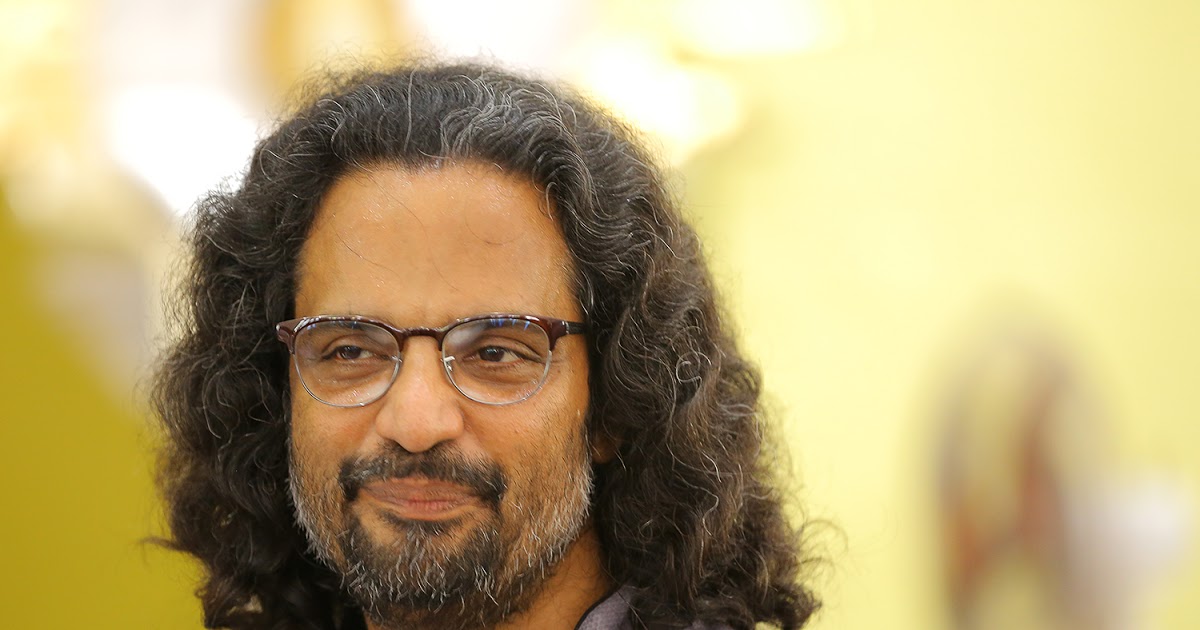
Rona Wilson is a prison rights activist who has been in jail since April 2018 and denied bail several times. The Pune Police raided his home in Delhi on April 17, 2018, and arrested him subsequently for his alleged role in the Bhima Koregaon violence in January that year. A few months later, the agencies also accused him of being part of a larger naxal plot to assassinate Prime Minister Narendra Modi in a Rajeev Gandhi style and overthrow the current government. To substantiate their claims, the agencies allegedly produced some letter from his laptop which cyber-forensic experts believe could have been maliciously planted through malware. Nonetheless, this grave accusation was enough to land him in prison without any bail.
Rona is a founding member of the Committee for the Release of Political Prisoners (CRPP) that provides legal aid to people accused in terrorism cases and booked under repressive laws like the Unlawful Activities (Prevention) Act (UAPA) and National Security Act (NSA). Rona is reported to have been working for the release of political prisoners since the early 2000s.
In the words of Meena Kandasamy, a feminist writer and activist, “People like Rona represent the last frontier, the last line of defense that dissidents have. They could feel safe knowing that people like Rona will take up your cause; that they will campaign for your freedom.” Now with an ardent campaigner like Rona behind bars, Kandasamy questions if others will also be condemned to silence.
Many activists have alleged that the government had framed these activists to shield the Hindutva leaders Milind Ekbote and Sambhaji Bhide who were accused of mobilising an attack on the Bhima Koregaon memorial event, which attracts large Dalit crowds on January 1 every year to celebrate the anniversary of a stunning victory of a lower-caste Mahar regiment of the British army over the upper-caste Peshwas in 1818. Over the years this event has become a symbol of Dalit-Bahujan’s assertion against the draconian caste system of India.
Many who know Rona personally have been pained to witness this deplorable attempt of the government to harass this defender of the most vulnerable prisoners in India. In the opinion of renowned author Arundhati Roy, not much has been written about Rona as he is “low-key” in his disposition. Professor G. Haragopal described him as an erudite and hardworking scholar with a strong moral compass. Rona’s commitment towards his values is uncompromising, and the activist’s moral universe is based on the “larger concerns of the poor people, concerns of the prisoners, concerns of the tribals,” reports the Caravan.
The second writer of this article had seen him with late Delhi University Professor Syed Abdul Rehman Geelani, an accused in the Parliament attack case of 2001. Geelani was first given a death sentence but later acquitted by the Delhi High Court in 2003 for lack of any evidence against him. Supreme Court upheld the decision. It was after the acquittal and release from jail after 22 months of Professor Geelani that CRPP was formed with Amit Bhattacharyya as Secretary General, S.A.R. Geelani as Vice President and Rona Wilson as Secretary, Public Relations as a need was felt for a body to work for the release of increasing number of persons who were being incarcerated for political reasons. This trend has never reversed and today we see a large number of political prisoners in jail and laws like UAPA being made more stringent to cast a larger net to nab such individuals who the establishment considers a threat. Except for the period when Emergency was imposed in India, probably never before so many intellectuals, writers, advocates, journalists, scholars, students and activists have been in jail as today. Emergency was imposed for two years and people targeted by the Indira Gandhi regime were in jail for a duration of less than two years. Under the current dispensation some people are now lodged in jail for more than two years. The attempt by the state is to silence every dissenter so that there is no criticism of majoritarian politics. Four such dissidents have been silenced by direct assassinations in Maharashtra and Karnataka. Needless to say, these phenomena will have a chilling effect and citizens will feel threatened to raise a voice against injustice. Contempt of court proceedings against Prashant Bhushan are another case in point. The need for human rights bodies like CRPP and for activist like Rona Wilson has never been greater.
Before his arrest, Rona was in the process of heading abroad for his Ph.D. He had applied to the University of Surrey and the University of Leicester to pursue his doctorate. Even in jail, his quest for further studies never got extinguished and is still alight with hope and optimism. He has urged his family members to remain in touch with the faculty-in-charge at both the foreign universities and to apprise them of his precarious situation in India. His letter in this regard also mentioned his proposed thesis: “The Fiction of the Muslim Other: State, Law and The Politics of Naming in Contemporary India” writes Aathira Konikkara.
The imprisonment of this bright scholar of our country is condemnable. The state must either prove its grave charges against him conclusively or set him free along with all other political prisoners.
*Atul is a final year LLB student at National Law University, Delhi and Sandeep Pandey is associated with Socialist Party (India).
Related:
Only political vendetta can explain Varavara Rao’s incarceration
Can raising the right questions ever be dubbed ‘anti-national’?
